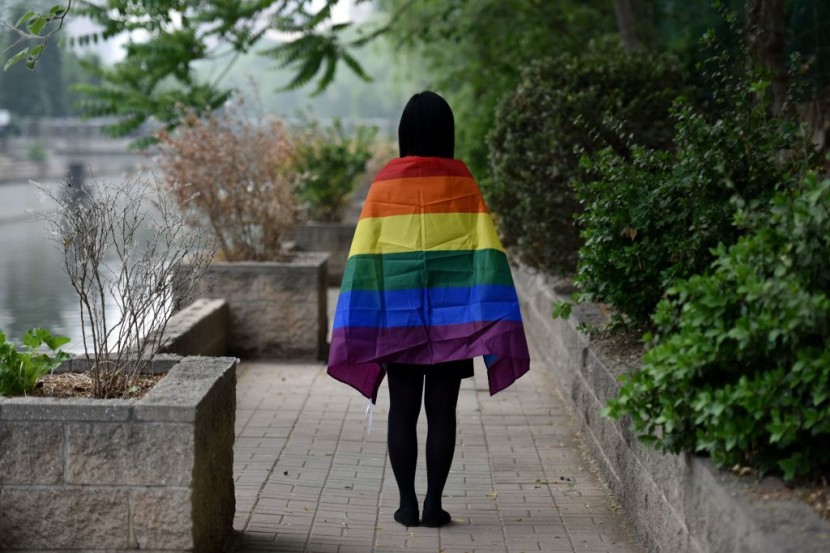
Days after Uganda passed one of the world's strictest anti-gay laws, the HIV/AIDS treatment center in Kampala, was almost vacant.
Staff members report that the regular daily stream of 50 patients has almost dried up, and wasted antiretroviral medications are piling up.
Fear of Being Exposed and Penalized
New waves of HIV infections are occurring, according to Andrew Tendo, the resident medical officer at the US-funded clinic. Vulnerable individuals avoid treatment centers for fear of being recognized and prosecuted under the new legislation.
"The LGBT community in Uganda is on lockdown now. They don't have preventive services. They cannot access condoms ... they cannot access ARTs (antiretrovirals)," he told Reuters.
President Yoweri Museveni signed the measure into law last week, making homosexual intercourse a capital offense and making it a mandatory life sentence for anyone who transmits HIV.
Up until this year, the Kampala clinic had been held up as a model of success in Uganda's battle against HIV. The state-run Uganda AIDS Commission estimates that 1.4 million people are infected with the virus, and 17,000 die each year as a direct consequence of its effects.
However, Tendo noted that patients now only come in when they have no other choice and that the severity of HIV infections has increased due to treatment non-compliance.
Last week, a US official said that the new legislation would undo Uganda's progress in the battle against HIV/AIDS. However, Uganda's health minister refuted this claim, stating that the government would make sure that preventive programs were still available to those who needed them.
Impacts of Budget Cuts on the LGBTQ Community
Mary Borgman, US President's Emergency Plan for AIDS Relief (PEPFAR) country director, said the pattern of HIV patients avoiding treatment centers is being reflected on a nationwide scale.
Since the anti-gay law was first tabled in parliament in March, she said, people's fear had been discouraging them from seeking therapy.
One patient at the Kampala clinic expressed hopelessness over the new laws. "I felt so sad when the law was enacted because we fear PEPFAR will cut off funding for the free services we have been receiving," said the 27-year-old homosexual man, who requested anonymity for fear of retaliation.
He said it is disheartening that some LGBTQ people do not seek help even if funding is not eliminated just because they are terrified to leave the house.
The possibility of diminished assistance from the US is a real concern. When Museveni signed the legislation, US President Joe Biden ordered his National Security Council to assess what it might mean for US involvement with Uganda, including PEPFAR.
More than half of Uganda's budget for HIV/AIDS treatment in the fiscal year 2021/2022 came from PEPFAR funding of $418.4 million. Nearly 600,000 AIDS-related deaths have been prevented between 2004 and 2022 because PEPFAR funded the expansion of antiretroviral therapy in Uganda.
Meanwhile, Borgman said the US was aware of how funding cutbacks would affect vulnerable populations, particularly LGBTQ Ugandans.
© 2026 HNGN, All rights reserved. Do not reproduce without permission.








